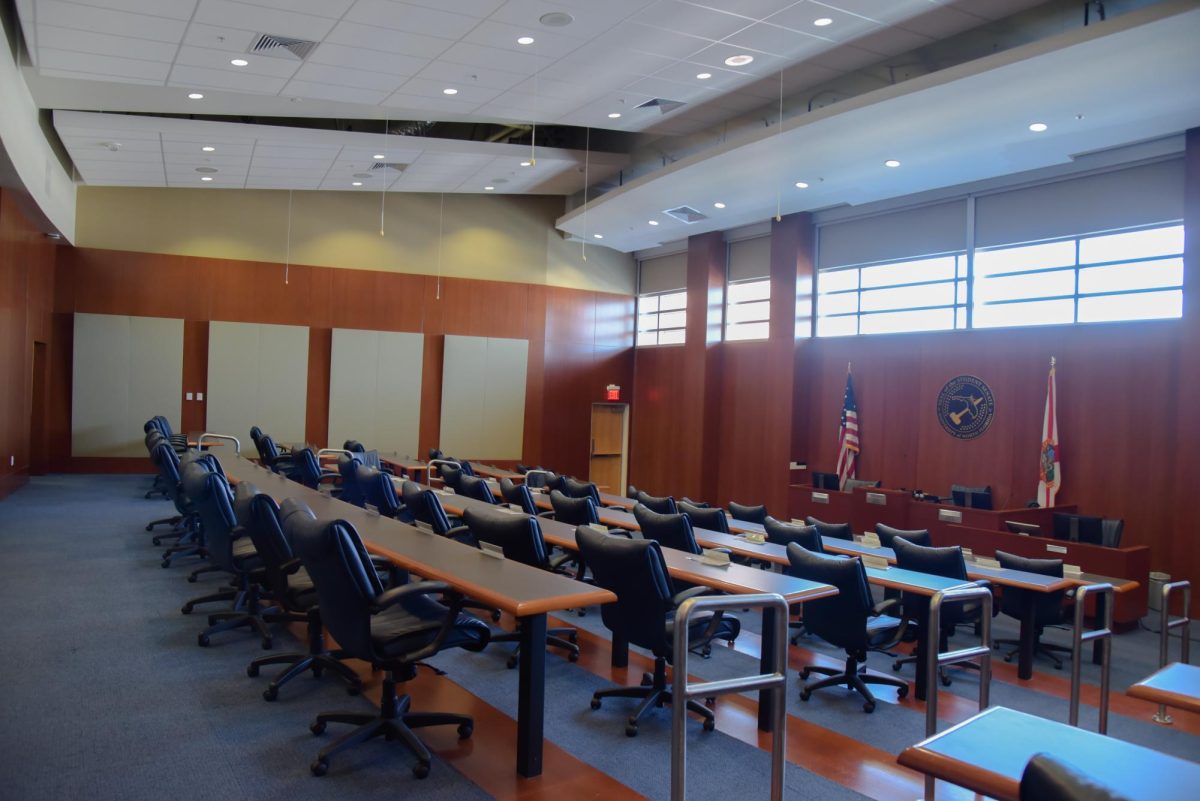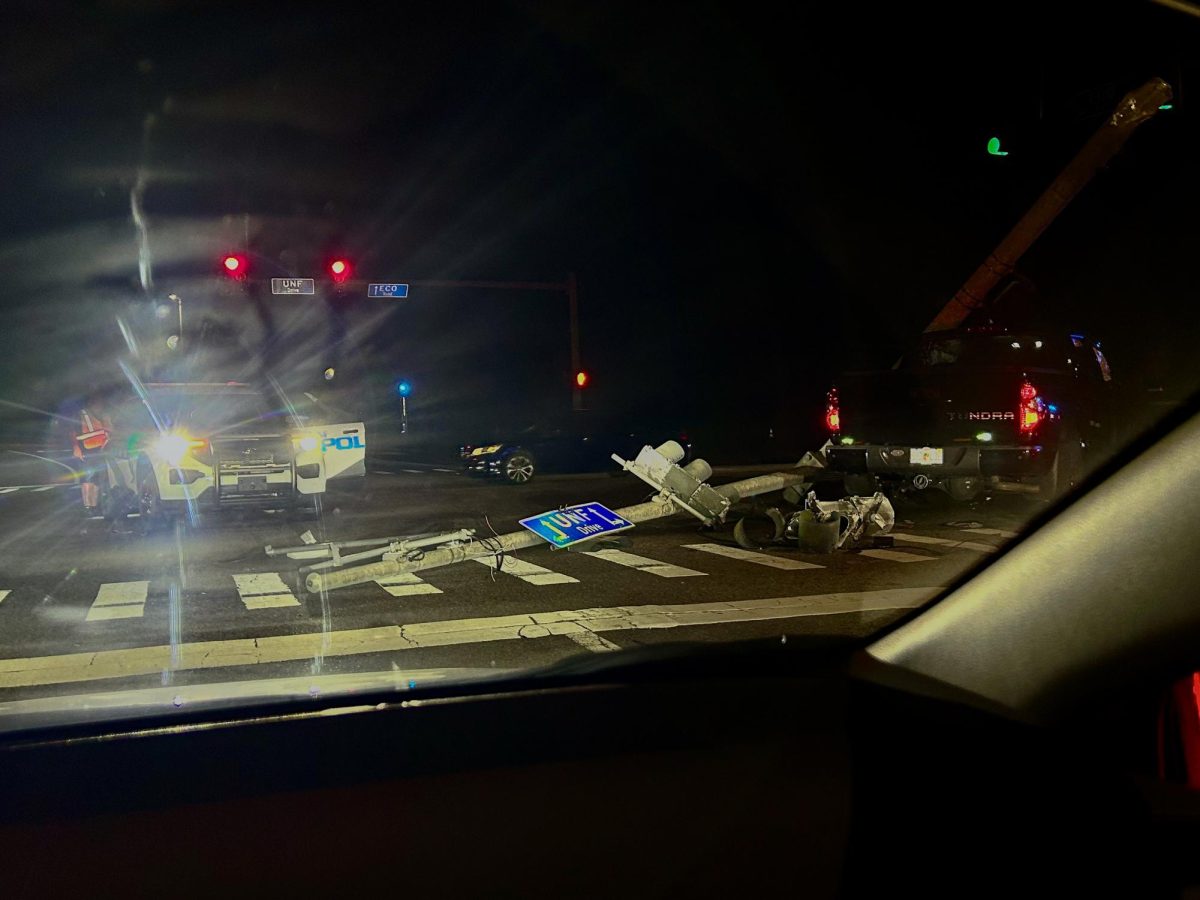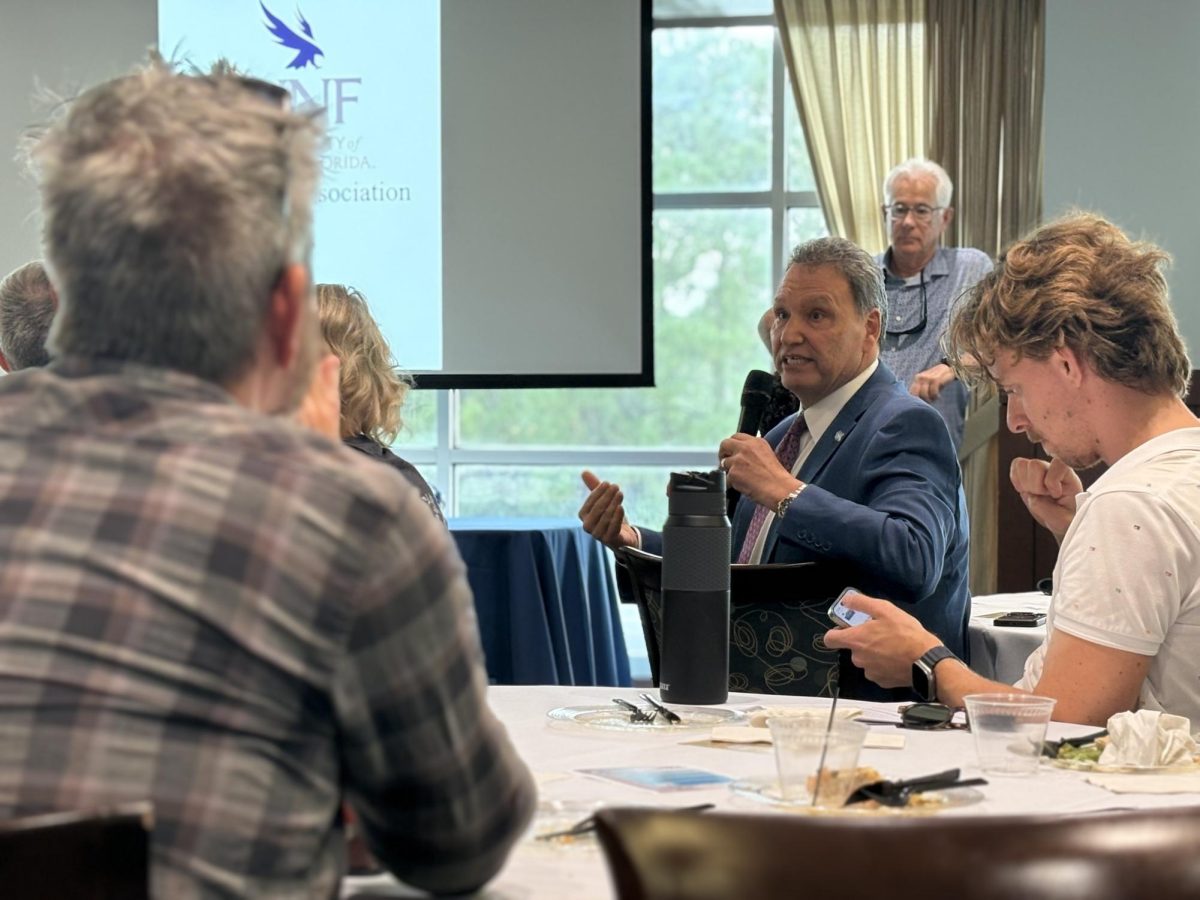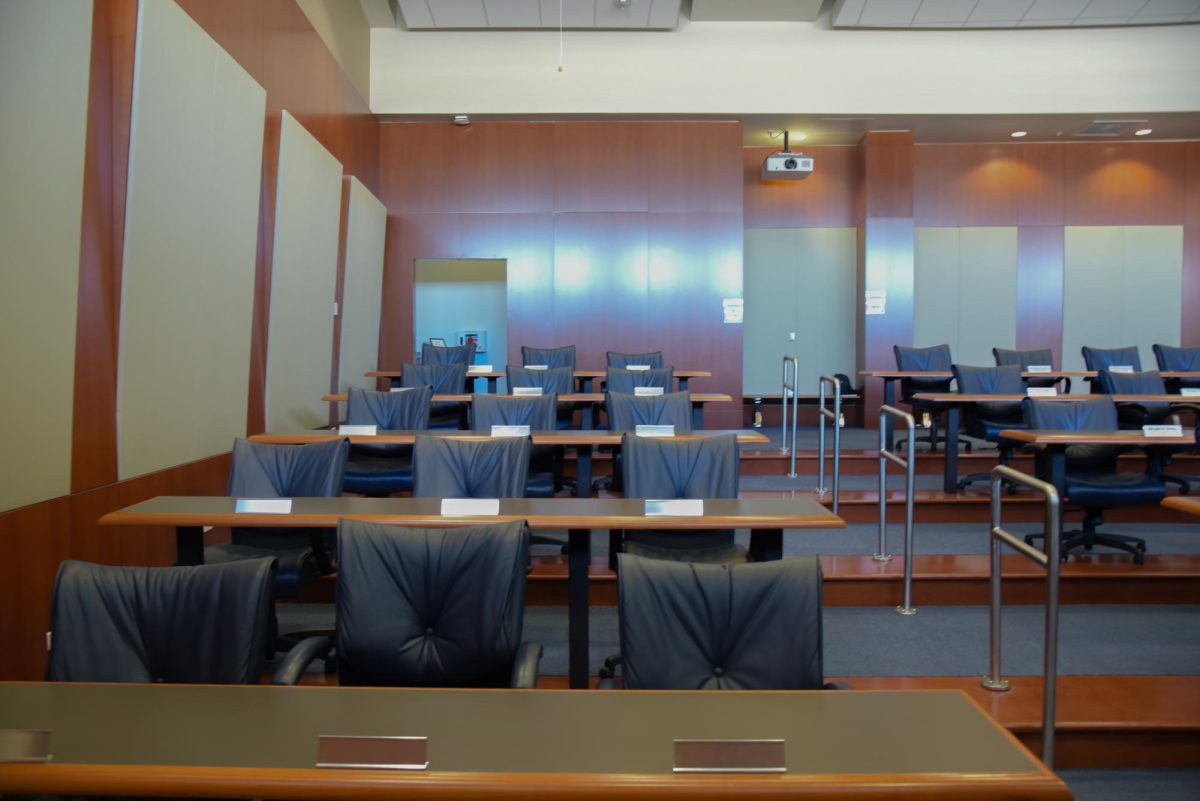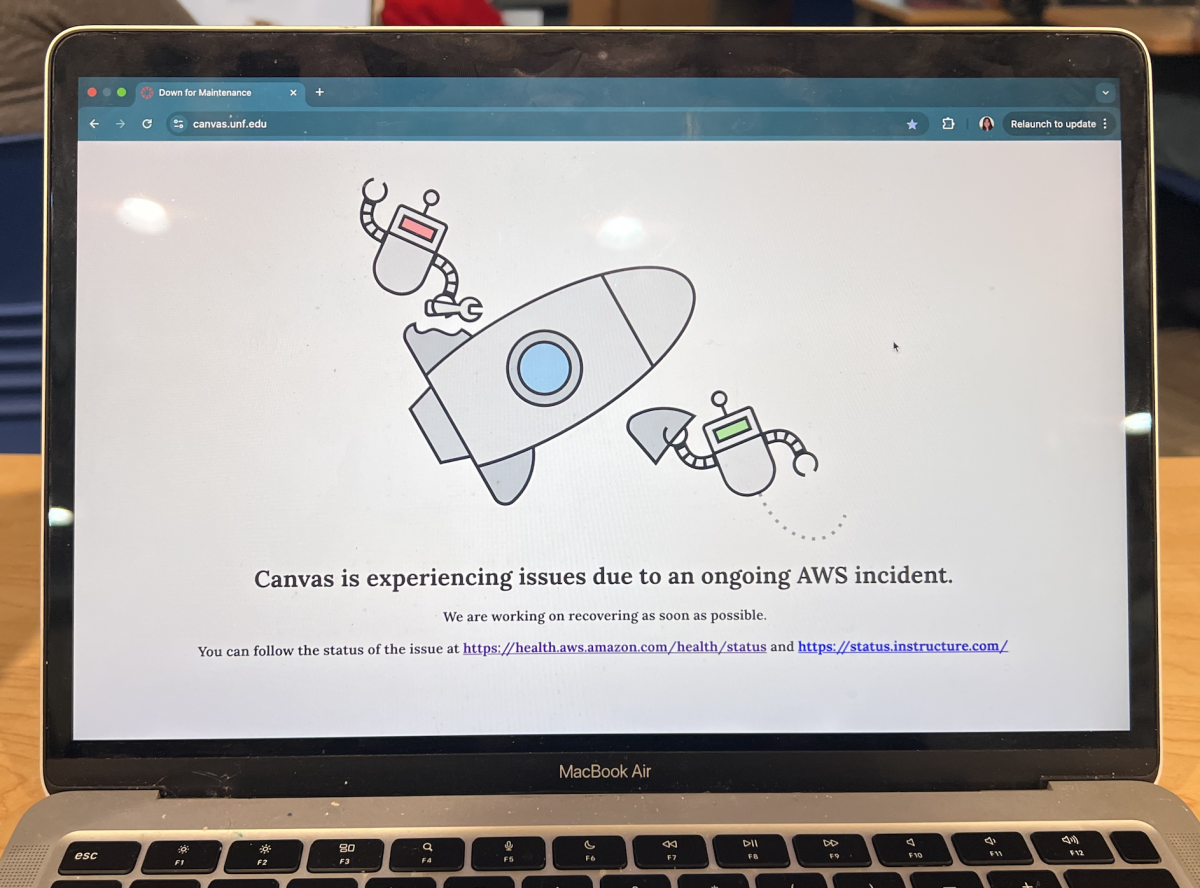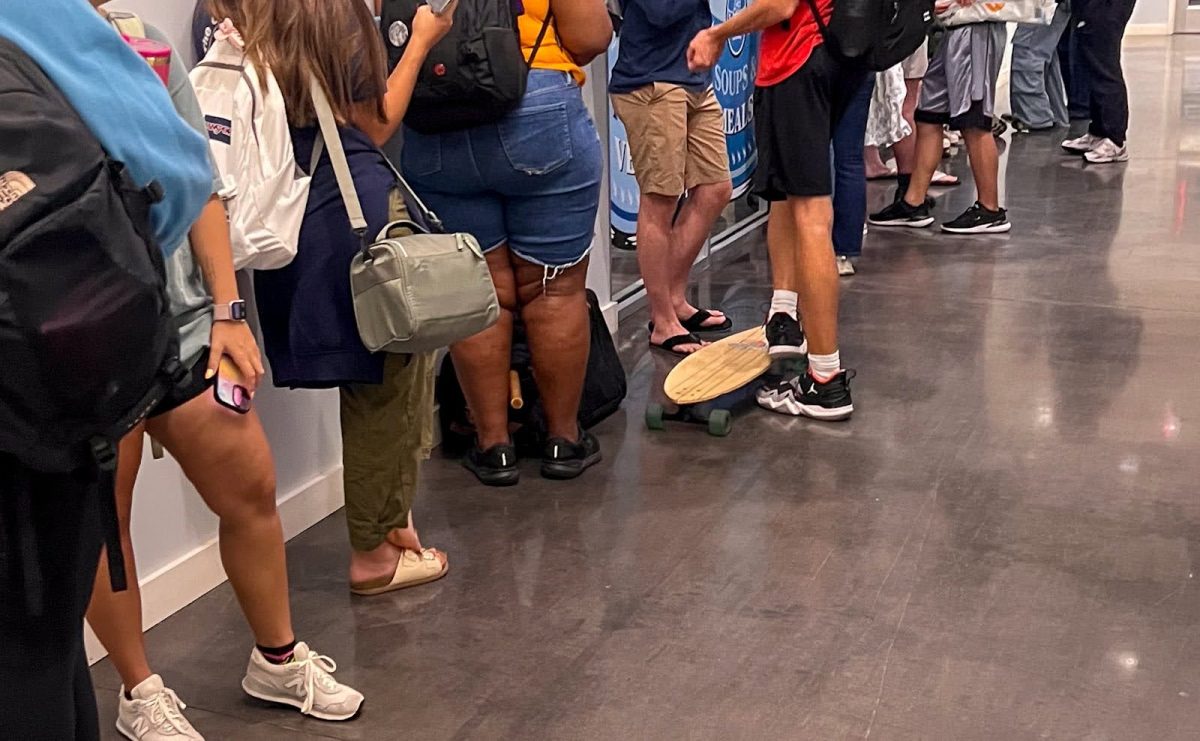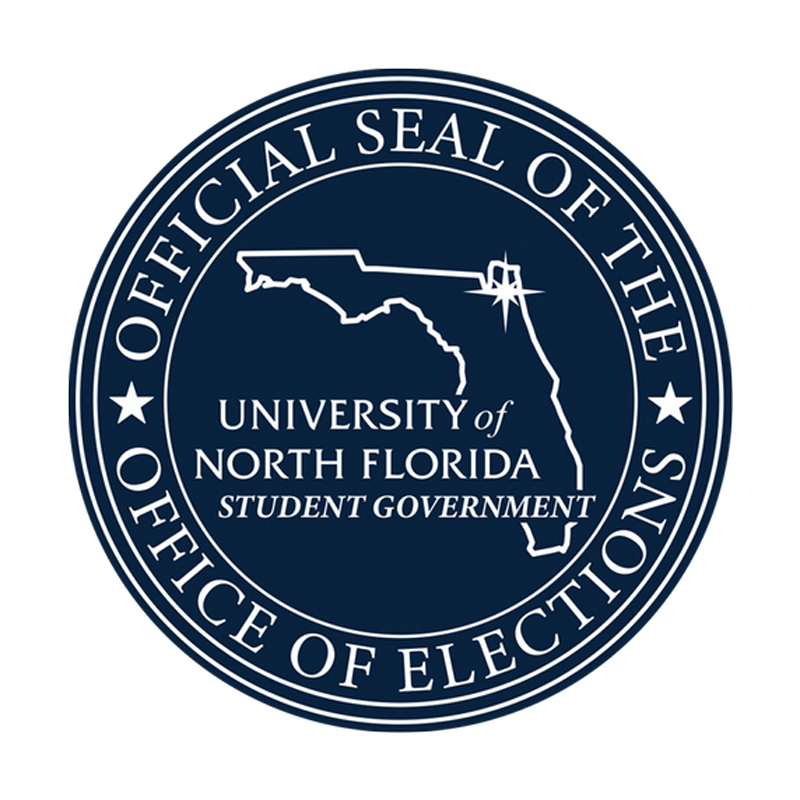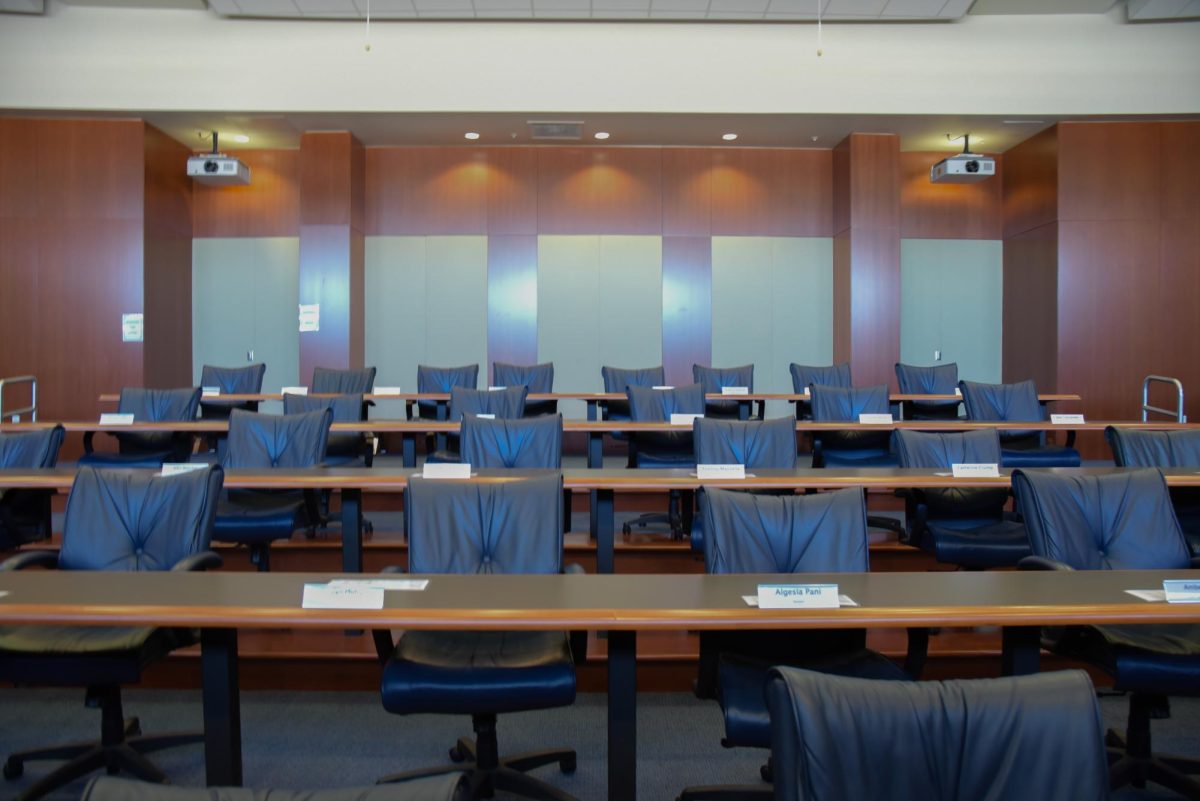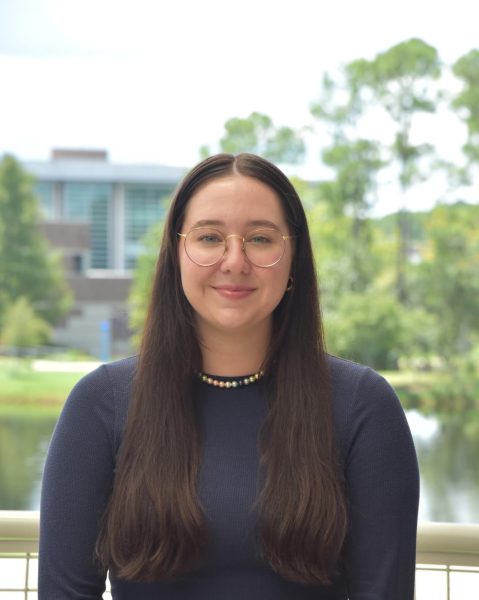At the latest Senate meeting, the University of North Florida Student Body President and Vice President presented a bill that, if passed, would allow the Black Student Union and Pride Club to join Student Government as official commissions.
The legislation, titled The Executive Commission Statute, was unanimously passed by the SG Senate during the bill’s first read. If the bill passes through committee and Senate reads over the coming weeks, BSU and Pride Club will have their own indexes in the Activity and Service Fee budget and can use Student Government spaces.
But what does that mean for BSU and Pride Club’s future? What could this mean for other DEI organizations?
Spinnaker sat down with Student Body President Michael Barcal and Student Body Vice President Ashlyn Davidson last week to answer these questions.
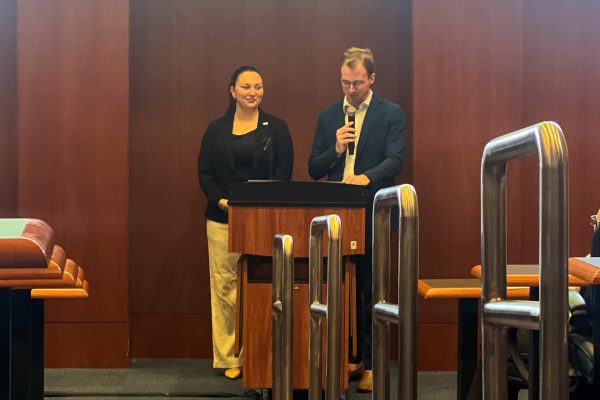
The big idea
According to Barcal, the idea for commissions began when his administration took office last spring.
Barcal and Davidson said they knew something had to be done for the displaced, identity-based clubs.
“[BSU and Pride Club] were like these students’ homes,” Barcal said, “And having that being taken away—that would be awful.” Barcal said that if he was in the same situation, he would look to transfer to another college.
Barcal said that by giving these students a solution, UNF and SG as a collective can compete with other big schools and provide for students.
“This is your home. Don’t leave. We’re here for you,” Barcal said.
Barcal and Davidson said they looked at what other state universities like Florida State University, University of Florida, and University of Central Florida did for their DEI programs and used that as an outline.
The president and vice president mentioned that their administration had to first check the legality of their ideas and consult UNF’s general counsel, as well as sign a memorandum of understanding. They also had to write out the titles and prepare the fiscal plans.
“There’s a lot we had to think about, not just for ourselves selfishly, but for generations to come, admins to come,” Barcal said. “It was just a lot to think about all at once.”
How did SG pick BSU and Pride Club as the first commissions to join SG?
SG tracked which RSOs were originally housed in the Office of Diversity and Inclusion to determine which organizations could become commissions.
They looked at the BSU, Pride Club, the Latin American Student Organization and Asian Students in Alliance.
When trying to contact students in ASIA, SG realized most of them had already graduated. This left them with LASO, BSU and Pride Club.
In the end, BSU and Pride Club agreed to SG’s proposal to become the first commissions, according to Barcal.
How did SG decide on $7,000 as the starting budget for each commission?
If the legislation passes, BSU and Pride Club will officially become a part of SG and will receive $7,000 each in operating expenses.
RSOs can’t request more than $7,000 each year in accordance with the SG finance code, and Barcal and Davidson agreed they wanted to give the commissions that amount immediately.
However, this amount is only a starting point, according to Barcal, and they hope to increase commissions’ funding each year.
What spaces in SG will BSU and Pride Club have access to?
According to Barcal, commissions will have access to the John E. Sapp Conference Room, the SG lounge—as well as the office attached to it—and the Senate Chambers.
Davidson explained that having a new home on campus is good for the students.
“Hopefully, having this foundation will be able to give them actual legitimate spaces on campus to build those centers back up,” Davidson said.
Could other identity-based clubs become commissions within SG?
Barcal says, “Absolutely.”
Barcal explained that it took a while to get the legislation off the ground, but they designed it with hopes for other organizations to join SG as commissions in the future.
“If new commissions wanted to be added, they could,” Barcal said about the statute.
What’s next?
If the bill passes in committee on Jan. 24 and passes when it returns to the Senate on the 31st, the new commissions can use the SG spaces and operate with its budget.
Barcal is hopeful that that the statute will pass based on its positive reception when he and Davidson presented the legislation to the Senate.
“Knock on wood, that passes. It seemed like it was perceived very well in [the] Senate,” Barcal said.
As for the remainder of the Barcal-Davidson administration, they want students to know there are still multiple events in the coming months.
These events include all of Homecoming Week, the week of SG’s 50th anniversary, OzFest, the River City Rumble tailgate and Safety Week.
The next SG committee meetings are this Friday, Jan. 24 in the Senate Chambers.
- Rules and Oversight Committee: Jan. 24, 10 a.m.
- Budget and Allocations Committee: Jan. 24, noon
- University and Student Affairs Committee: Jan. 24, 2 p.m.
Learn more about the spring 2025 SG meeting schedule here.
___
For more information or news tips, or if you see an error in this story or have any compliments or concerns, contact editor@unfspinnaker.com.




